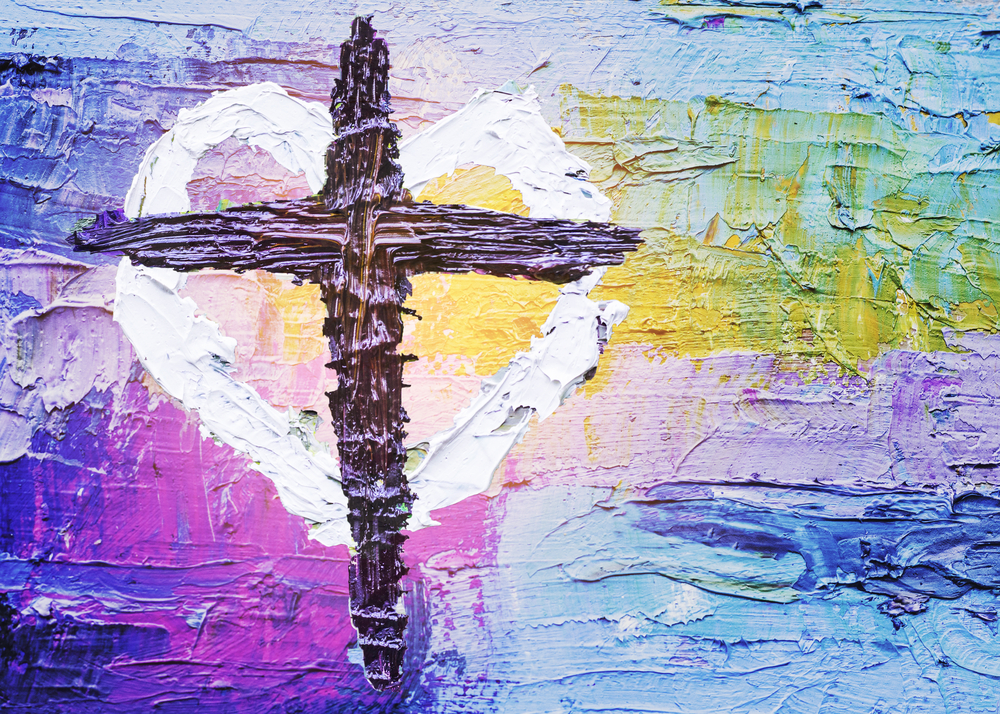The first reading tells of what courage the Hebrew people had because of their trust in God—they knew that if they went about the business that God had set them to, God would keep the promise of deliverance from slavery.
In the letter to the Hebrews, we are told that, “Faith is the realization of what is hoped for and evidence of things not seen.” The faith that we have, which is a gift from God, allows us to see proof of God’s action on earth and in our lives when other people might miss it. Through our ability to see God working with us, we also see that God is accomplishing everything God promised to do.
The Gospel breaks this all open with Jesus tell the “little flock” (us) not to be afraid because everything that belongs to Jesus will be given to us. We don’t need to worry about anything, because God gives us everything. This frees us up to live the vocation of our baptism—to be stewards of the earth and everything on it. When we get caught doing our job (because God will show up when we least expect it—often in the needs of others), God is very pleased with us. Because we know that this is what is expected of us, we are responsible for it.
You can read this Sunday’s readings here:
Scriptures for the Nineteenth Sunday in Ordinary Time, Cycle C
Break open the word with your family
Kids
Have you ever gotten “caught” doing something good? How did it feel to be doing something good and be noticed for it?
Teens
At the end of the Gospel Jesus says that people who are entrusted with much will be entrusted with more. Why is it important to be trustworthy in the responsibilities you are given? What are the consequences for doing well, and what are the consequences for slacking off?
Adults
Judging by Jesus’ statement that “where your treasure is, there also will your heart be,” what is it that you treasure most? Where is your heart? What do you treasure above all other things, and how is your life evidence of it?
A little lectio
The ancient practice of prayerfully reflecting on bits of Scripture is known as lectio divina. Want to try it out with your family? Head over to Lectio Divina for Kids to find out how to adapt this prayer practice for your kids.
A little Bible study
Want to do a little Bible study with your kids? Here are some tips:
- During Ordinary Time, the Church pairs the Old Testament and New Testament readings in a way that each sheds light on the other. Ask your kids to look for the common theme connecting the two readings. (Sometimes it’s obvious, sometimes it is subtle.) How does the “dialogue” between the readings help you understand them better?
- Get a New American Bible, Revised Edition, and take a look at the footnotes for these readings. How do they change your understanding of what is going on?
- Take a look at the context for the readings—what happens before, or after?
- Read the NABRE’s introduction to the book of the Bible that the readings are taken from. How does that help you understand the readings?
- If you don’t have a copy of the NABRE at home, you can view it online at the USCCB website at the Daily Readings web page.
For even more resources for breaking open this Sunday’s readings, head over to The Sunday Website.



